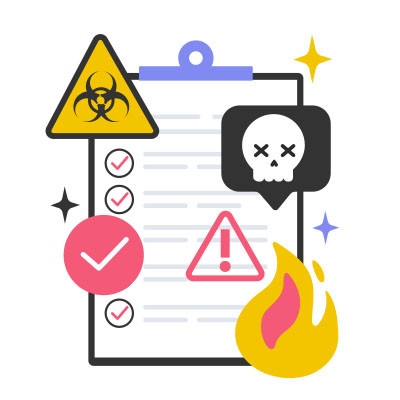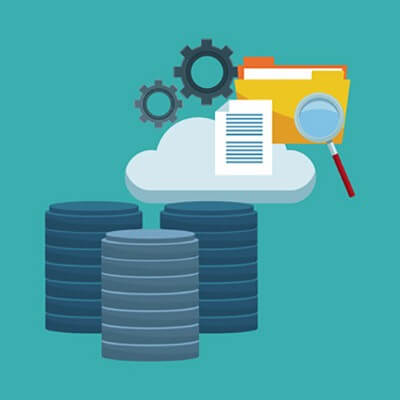Aspire Business Solutions Blog
Business technology is known to be remarkably finicky, particularly if you do not have the requisite knowledge to manage and maintain it. After all, there is a reason why you hire an IT department or a managed service provider to handle this role. What happens if your technology fails, though? Do you have a plan in place? What does a plan like this even look like, anyway? Let’s dig into the details.
In an era where businesses rely heavily on data and technology, the need for comprehensive disaster recovery solutions has never been more critical. The stakes are high when it comes to safeguarding your company's digital assets and ensuring business continuity in the face of unforeseen disasters. This is where Disaster Recovery as a Service (DRaaS) comes into play.
With technology serving such an indispensable role in modern business the looming threat of disaster is one that needs to be considered. With so many consequences on the line, it’s important that your business is prepared to deal with these disasters effectively and efficiently. Let’s run through some tips for properly preparing for your potential disaster recovery needs.
It is vital to your organization’s business continuity to establish a routine for backing up your data regularly. Automated backup solutions, whether using cloud services or local storage, can simplify this process and ensure that your backups are up to date. Set a schedule that suits your needs and enables you to restore your data to a recent state if necessary.
The late American author Kurt Vonnegut once wrote, “New knowledge is the most valuable commodity on earth. The more truth we have to work with, the richer we become.” Written in the 20th century, it has been put in practice by 21st century businesses. As the Internet has grown, the amount of companies expanded, and the amount of data that those companies collect has grown exponentially, especially now that there is a market for such data.





